National Human Rights Commission
NHRC, India’s National Conference on the ‘Human Rights of Prison Inmates’ comes up with several suggestions for improvements
Rehabilitation of prisoners, de-congestion of jails, encouraging correctional services, improving the mental health of prisoners, addressing the issues related to women prisoners and their children and de-addiction highlighted
NHRC Chairperson, Justice Shri V. Ramasubramanian says, the Commission will now work on an advisory to central and state governments for prison reforms and also evolve a mechanism for monitoring the progress
NHRC Secretary General, Shri Bharat Lal says, the Commission organises Conferences with the objective to mainstream discourse on various issues to find solutions for the overall improvements in the human rights situation of different segments in society
Posted On:
17 OCT 2025 9:39PM by PIB Delhi
The National Human Rights Commission (NHRC), India organised a National Conference on ‘Human Rights for Prison Inmates’ in New Delhi. During the discussions, a lot of valuable suggestions came up on rehabilitation of prisoners, de-congestion of jails, encouraging correctional services, improving the mental health of prisoners, addressing the issues related to women prisoners and their children and de-addiction. Chairing the Conference, NHRC Chairperson, Justice Shri V. Ramasubramanian said that the purpose of the Conference was to learn from all the stakeholders about the problems being faced by the prison inmates and how and what appropriate recommendations can be sent to the Centre and State Governments. He said that the Commission will now work on an advisory to central and state governments for prison reforms and also evolve a mechanism for monitoring the progress.
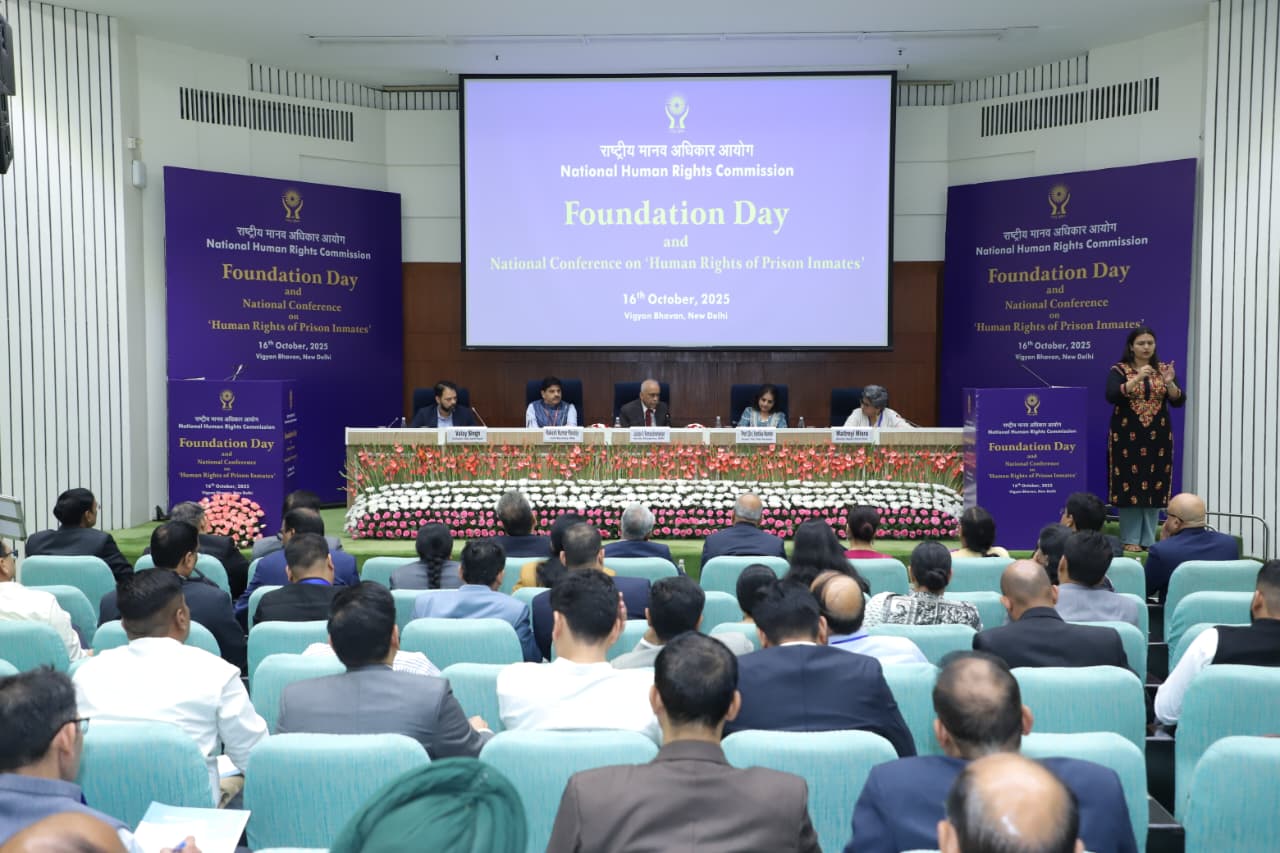
Earlier, starting the discussions, Justice Ramasubramanian said that as per the UN office on Drugs and Crime report, global prison population reached 11.5 million in 2022. Nearly a third of the global prison population is of pre-trial detainees with extensive costs to the state, communities, families and individuals. Prisons are overcrowded in the majority of countries worldwide. The budget, resource and capacity constraints lead to unliveable conditions and poor prison health. Prisons reinforce existing inequalities with an over representation of marginalised communities and insufficient attention to women, youth, persons with disabilities and other prisoners with special needs.
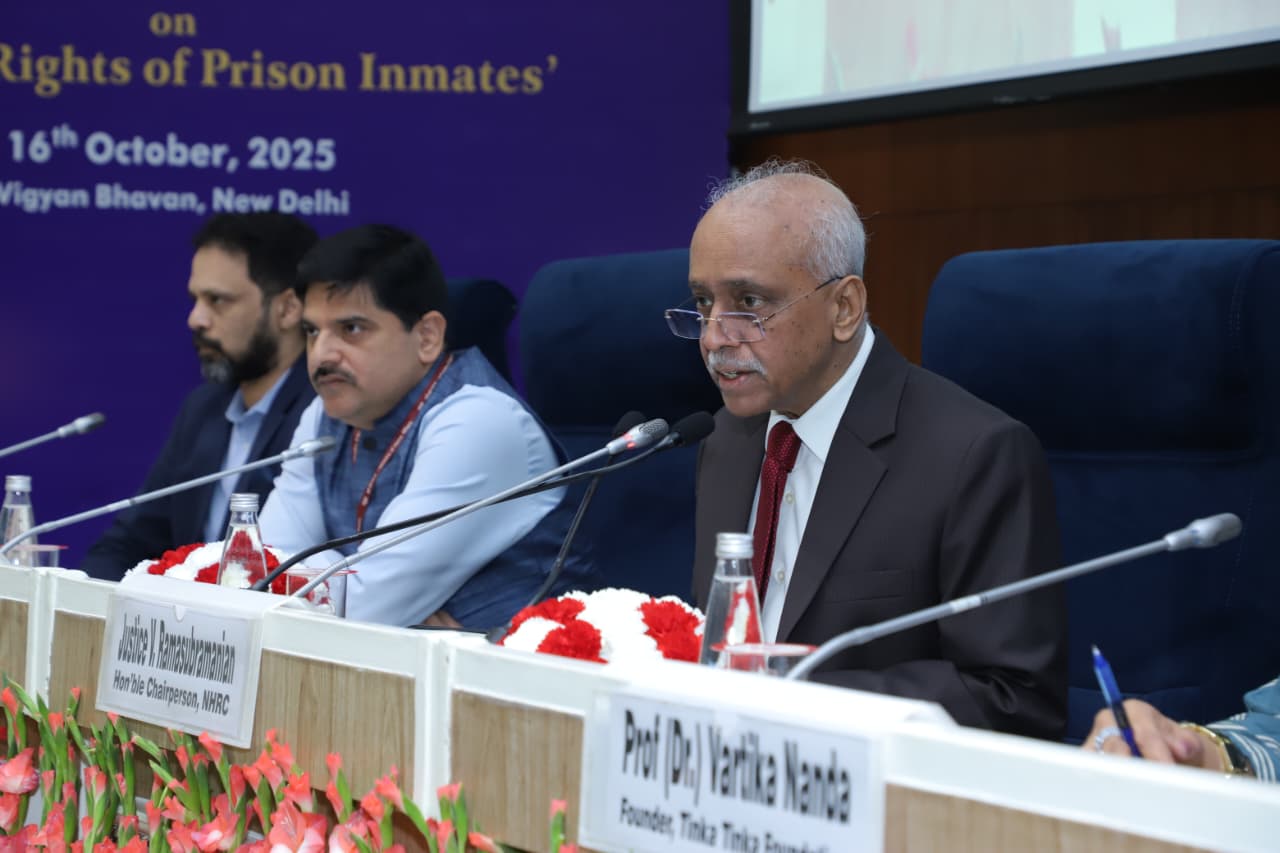
Quoting from Prison Statistics India 2022 report released by the National Crime Records Bureau in December 2023, he said that in 2020 the occupancy rate of prisons in the country was higher by 118% than the actual capacity of 1306 prisons. It further rose to 131.4% of the actual capacity of 1330 prisons in 2022. The increase in the number of prisons did not help the situation.
Justice Ramasubramanian cited various laws in the colonial era and after independence with regards to prisons. He said that recent initiative included ‘Model Prisons and Correctional Services Act,’ prepared by the Union Government in the year 2023 with the objective of holistically addressing all relevant issues relating to prison administration. It has been shared with all States and Union Territories to modify their respective Prison Acts.
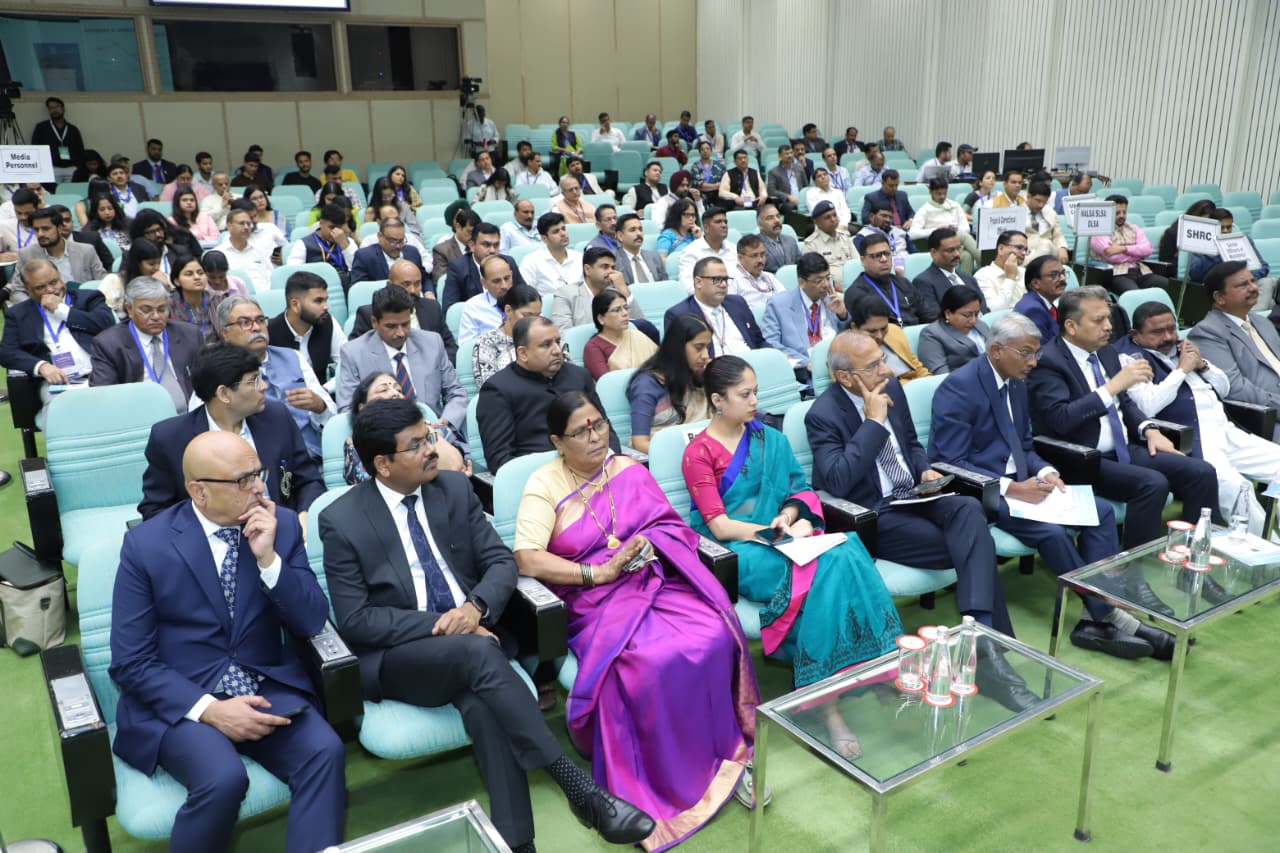
The conference was divided into three technical sessions. Justice Shri V. Ramasubramanian chaired the first session on ‘Enhancing quality of life of Inmates: Ensuring Dignity, well-being and human rights behind bars.’ The panelists included Shri Rakesh Kumar Pandey, Joint Secretary, Ministry of Home Affairs, Shri Valay Singh, Co-founder and Lead, India Justice Report, Prof (Dr.) Vartika Nanda, Indian Prison Reformer, Media Educator and Commentator and Ms. Maitreyi Misra, Director of Mitigation and Mental Health and Criminal Justice, Square Circle Clinic. It was emphasised during the discussions that the solution has to be found with right combination of creative and practical approaches besides the implementation ofModel Prisons and Correctional Services Act. The need for collaborative attention from all stakeholders towards prisoners’ mental health was also stressed.
The second session on ‘Female inmates and their children: Strengthening institutional framework for gender-sensitive prison reforms’ was chaired by Smt Meeran Chadha Borwankar, Former DG, BPRD and Core Group Member, NHRC. She highlighted issues of hygiene, mental health and access to skill development. She questioned the trend of relocating prisons away from cities, which further isolates inmates from their families. The panelists were Smt Tripti Gurha, Chairperson, NCPCR, Dr. K.P. Singh (IPS), Former DGP, Haryana, Professor Vijay Raghavan, NHRC Core Group Member and Project Director, Prayas and Ms. Monika Dhawan, Director, India Vision Foundation. The points emhasised included concerns over the lack of reliable data on children 6-years age living with their mothers in prisons, need for National Policy on Custodial Women, improved medical and mental health care, menstrual hygiene and need-based arrests besides giving interim bail for pregnant or lactating women and greater dignity in post-release rehabilitation.
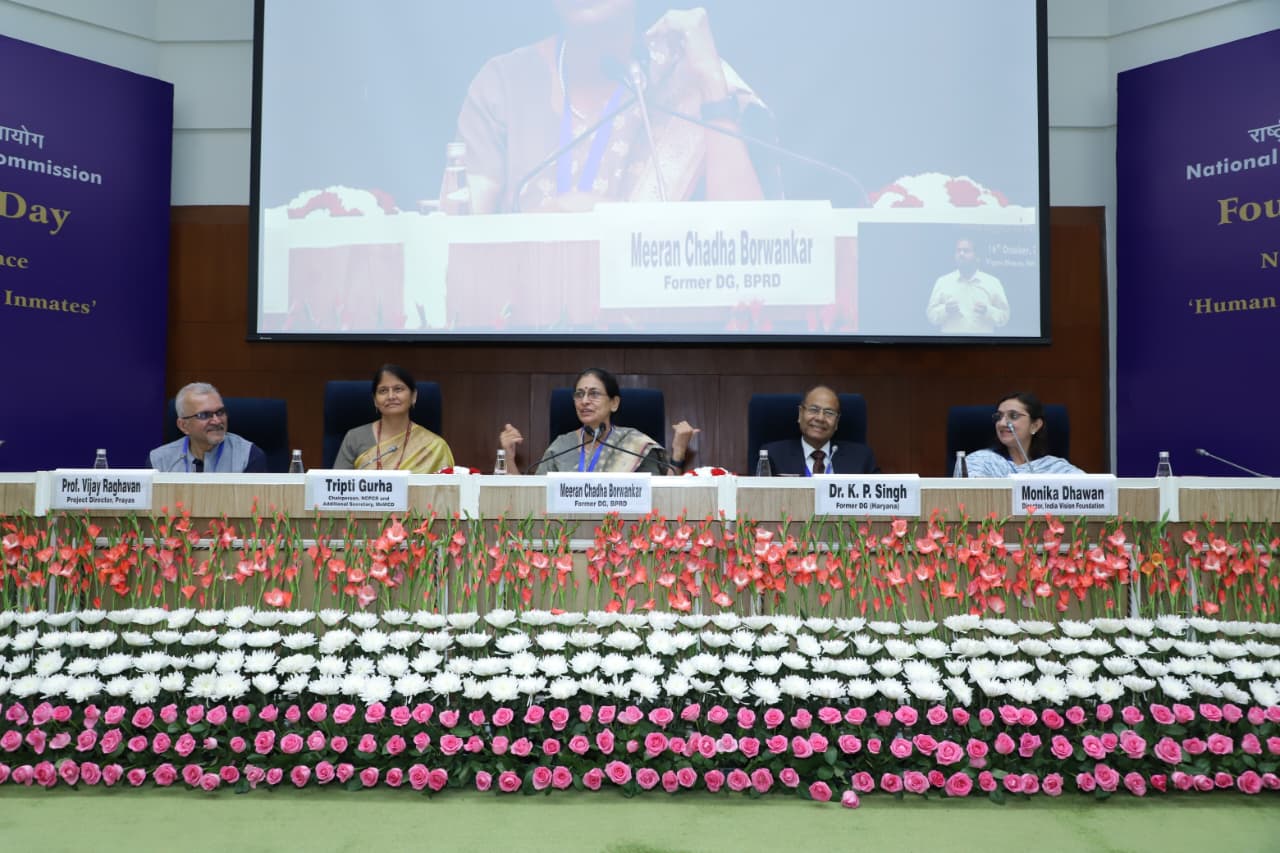
The third session was chaired by Justice Shri Rajeev Shakdher, Former Chief Justice of Himachal Pradesh High Court on ‘Undertrials inmate: Tackling judicial delays, strengthening legal aid and promoting alternatives to incarceration.’ He emphasised that prioritising merit in judicial appointments and processes could serve as an effective solution to mitigate delays. Since 2017, the case clearance rate in courts has consistently been 100% or above, indicating steady performance but there are persistent backlogs due to old pending criminal cases. The panelists included Shri Manoj Yadava, Former DG (I), NHRC, Shri Niraj Verma, Secretary (Justice), Ministry of Law and Justice, Dr. Rakesh Kumar, National Executive Director, SPYM. The issues highlighted during the discussions included frequent granting of adjournments as a leading cause of judicial delays, financial barriers to accessing justice, plea bargaining in expediting case disposals at an earlier stage, alarming rise in substance abuse, subpar quality among advocates, among others.
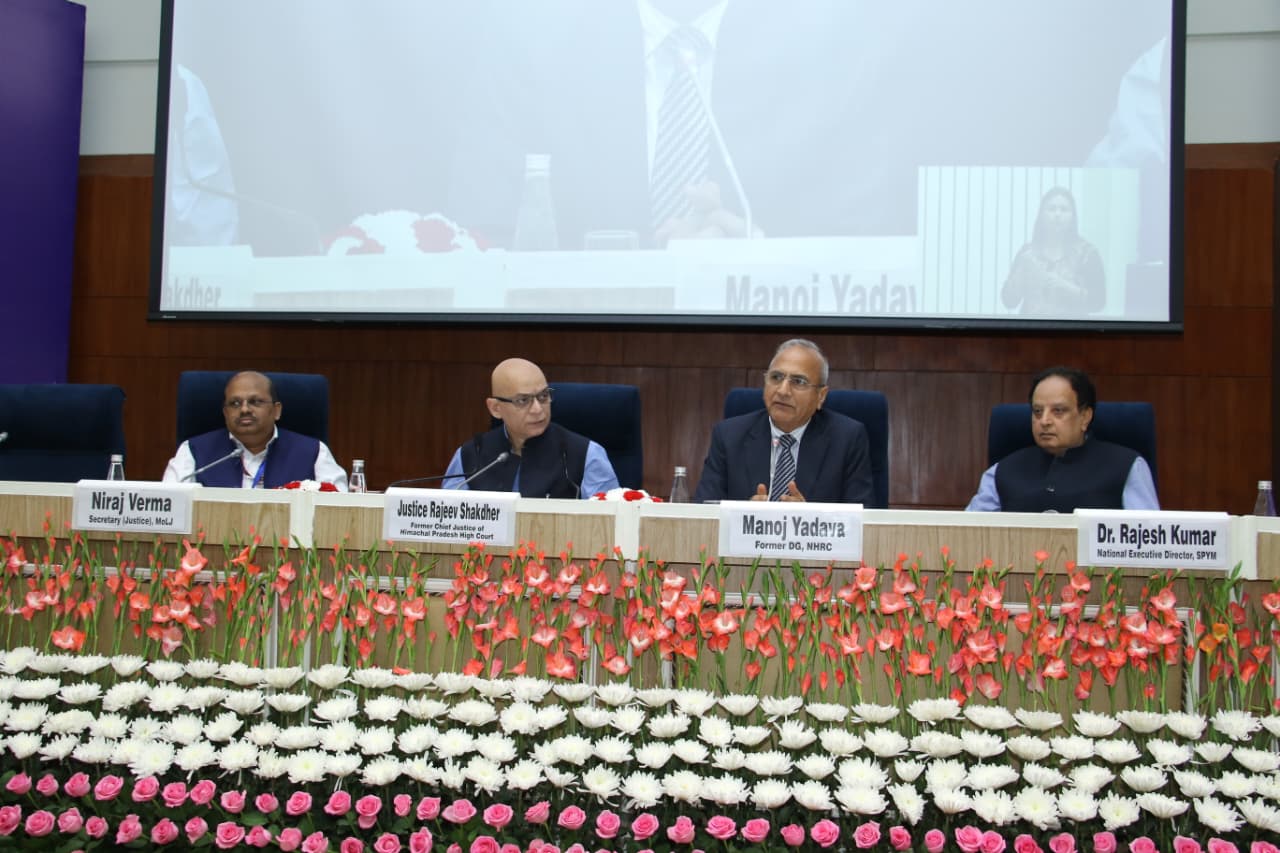
In his concluding remarks, Secretary General, Shri Bharat Lal said that the suggestions in the Conference will help the Commission firm up the recommendations. He said that the Commission organises Conferences with the objective to mainstream discourse on various issues to find solutions for the overall improvements in the human rights situation of different segments in society.
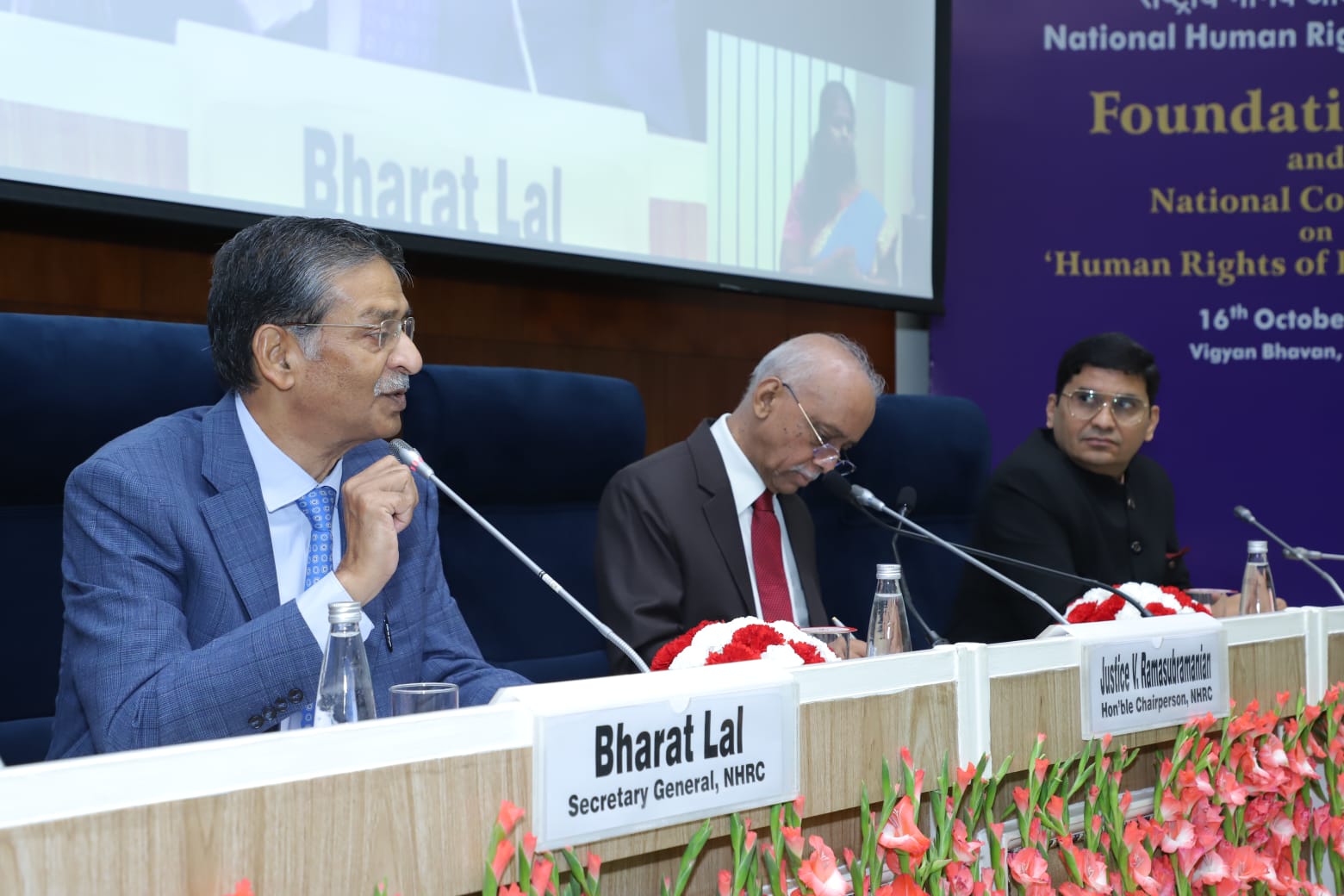
The NHRC, India Member Smt Vijaya Bharathi Sayani, DG (I), Shri Anand Swaroop, Registrar (Law), Shri Joginder Singh, Joint Secretary, Shri Samir Kumar, Chairperson and Members of State Human Rights Commissions and other Commissions, judges of High Courts, senior government officers, academia, NGOs, human rights defenders, researchers, senior prison officers, among others participated in the Conference.
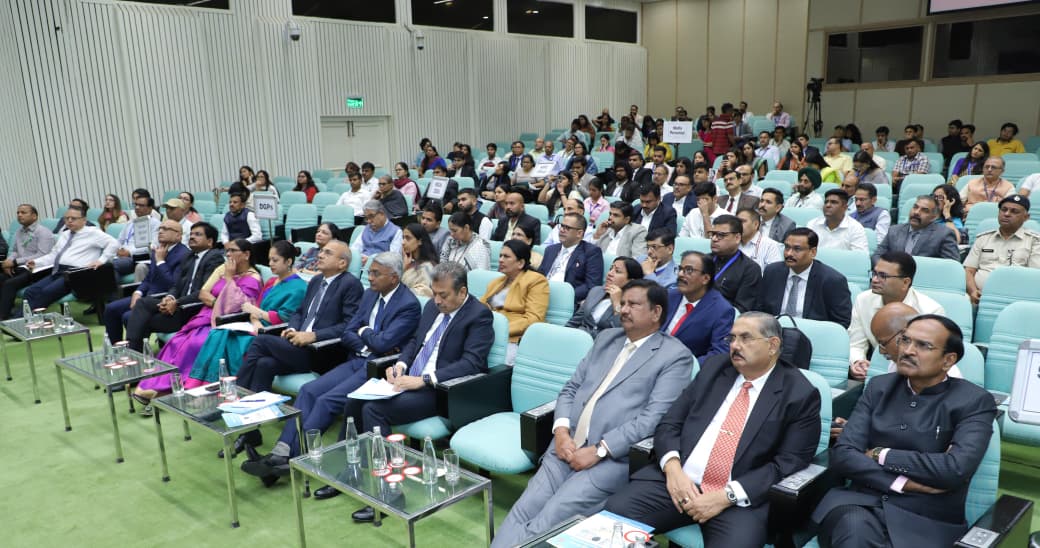
*****
NSK
(Release ID: 2180600)
Visitor Counter : 166